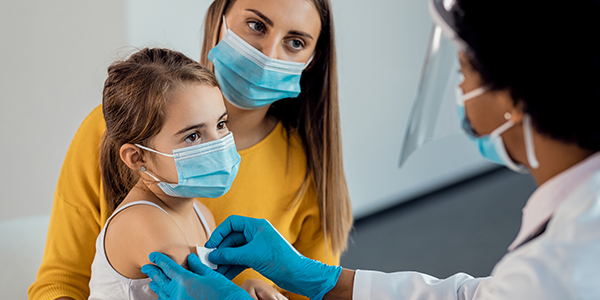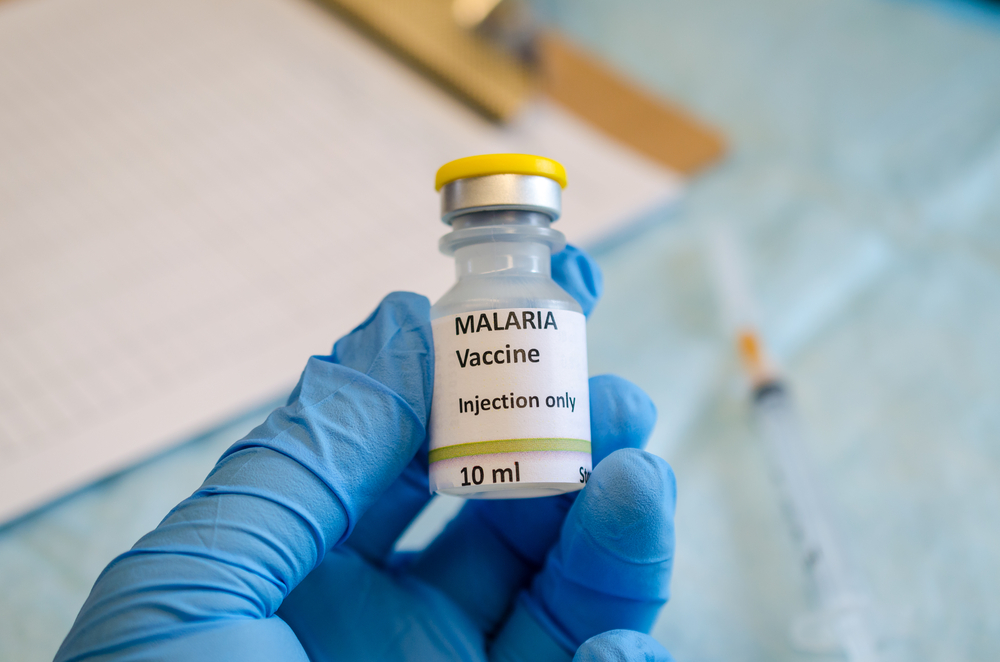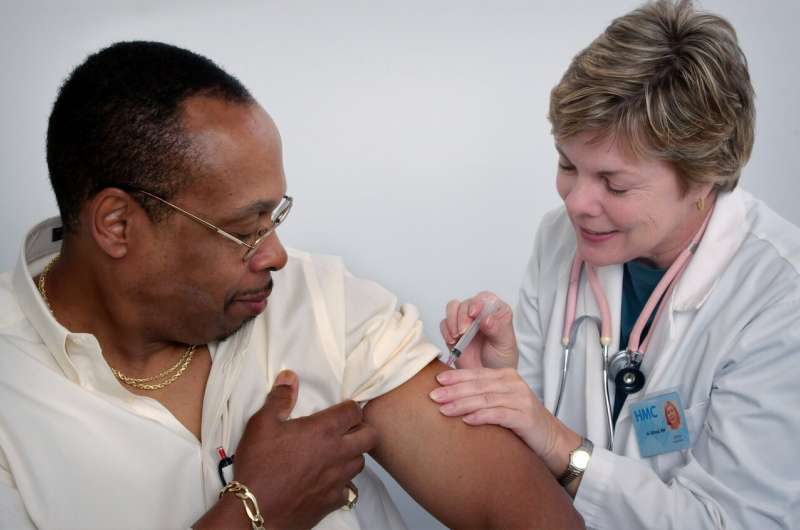I Raise the Rates! April Edition | |
In this edition of I Raise the Rates (IRtR), you will find a variety of new resources from several public health partners, educational opportunities, and a selection of media articles related to immunization. | |
Updates from the American College of Physicians (ACP) | |
|
2022 Adult Immunization Conference
Registration is Now Open!
| |
The 2022 Adult Immunization Conference (AIC) is a two-day virtual conference that features speakers from around the healthcare world. Our speakers this year come from several professional studies, including medical epidemiology, pharmacology, cardiology, university education, and more!
The AIC is open and free to all individuals regardless of profession or professional organization membership status. As we get closer to the conference's opening date of May 18th, the NJIN team will be circulating official speaker and topic announcements via email, social media, and our website.
Additionally, the NJIN team would like to thank the American College of Physicians for generously sponsoring AIC 2022.
You can learn more about the conference and register for one or both days by clicking the link below!
| |
|
Advisory Committee on Immunization Practices (ACIP)
April 20th, 2022 Meeting Updates
| |
COVID-19 Vaccine Specific Updates:
Following FDA’s regulatory action on March 29, 2022, CDC updated its COVID-19 vaccination guidance to give some individuals the option to receive a second booster dose using an mRNA COVID-19 vaccine.
- These individuals include:
-
People ages 50 years and older who received an initial COVID-19 booster dose (regardless of which vaccine was used) at least four (4) months ago
-
People ages 12 years and older who are moderately or severely immunocompromised who received an initial COVID-19 booster dose (regardless of which vaccine was used) at least four (4) months ago
-
People ages 18 years and older who received both a primary dose and a booster dose of the J&J/Janssen COVID-19 vaccine at least four (4) months ago
| |
|
CDC’s FluView Summary Report for Week 15,
Ending April 16, 2022
| |
 | |
Key Points:
- Influenza activity varies by region. Activity is highest in the northeast, south-central, and mountain regions of the country.
- The majority of influenza viruses detected are A(H3N2). H3N2 viruses identified so far this season are genetically closely related to the vaccine virus. Antigenic data show that the majority of the H3N2 viruses characterized are antigenically different from the vaccine reference viruses. While the number of B/Victoria viruses circulating this season is small, the majority of the B/Victoria viruses characterized are antigenically similar to the vaccine reference virus.
- The percentage of outpatient visits due to respiratory illness has steadily increased since mid-February but remains below the baseline. Influenza is contributing to levels of respiratory illness, but other respiratory viruses are also circulating. The relative contribution of influenza varies by location.
- The number of hospital admissions reported to HHS Protect has increased each week for the past 11 weeks.
- The cumulative hospitalization rate in the FluSurv-NET system is higher than the end-of-season rates for the 2020-2021 and 2011-2012 seasons but lower than the rate seen at this time during the four seasons preceding the COVID-19 pandemic.
- Three influenza-associated pediatric deaths were reported this week. There have been 22 pediatric deaths reported this season.
- CDC estimates that, so far this season, there have been at least 4.7 million flu illnesses, 47,000 hospitalizations, and 2,800 deaths from flu.
| |
Featured Articles and Resources | |
Moderna Files for Authorization of Its COVID-19 Vaccine in Young Children Six Months to Under Six Years of Age |  | |
Moderna, Inc., a biotechnology company pioneering messenger RNA (mRNA) therapeutics and vaccines, announced on April 28th that it has submitted a request for emergency use authorization (EUA) for its COVID-19 vaccine (mRNA-1273) in children six (6) months to under two (2) years and two (2) years to under six (6) years of age to the U.S. Food and Drug Administration and that similar requests are underway with international regulatory authorities. The requests are based on a 25 μg two-dose primary series of mRNA-1273.
“We are proud to share that we have initiated our EUA submission for authorization for our COVID-19 vaccine for young children,” said Stéphane Bancel, Chief Executive Officer of Moderna. “We believe mRNA-1273 will be able to safely protect these children against SARS-CoV-2, which is so important in our continued fight against COVID-19 and will be especially welcomed by parents and caregivers.”
| |
The RTS,S Malaria Vaccine May Do More Than We Thought |  | |
Antibodies induced by the RTS,S malaria vaccine can bind strongly to other P. falciparum antigens not contained in the vaccine, and this is associated with greater vaccine protection, according to a new study published in JCI Insight and co-led by malaria and data science researchers at ISGlobal. The findings have implications for monitoring natural immunity in vaccinated populations and for the design of next-generation vaccines.
The analysis also shows that vaccinated children with higher antibody reactivity to other P. falciparum antigens had a lower risk of developing clinical malaria than those with lower reactivity, despite similar anti-CSP levels. "In other words, strong responses against other malarial antigens were a predictor of increased vaccine protection, beyond what anti-CSP levels alone could predict," says Paula Petrone, co-senior author with Dobaño. The authors now need to confirm whether this cross-reactivity to other malarial antigens confers greater protection against malaria infections or whether it is only a marker of efficient vaccine responses.
| |
New Study Suggests RSV Vaccination During Pregnancy Protects Newborns | |
According to research published on April 27th in the New England Journal of Medicine, pregnant women who received an experimental vaccine from Pfizer for a respiratory virus called RSV passed their protective antibodies on to their newborns.
What's more, Pfizer's researchers found that those antibodies appeared to provide the infants with a high level of protection against severe illness from the virus, according to an analysis conducted after a portion of the company's clinical trial was completed.
RSV, or respiratory syncytial virus, usually causes mild, cold-like symptoms in adults. But in young children, it can sometimes cause severe disease: An estimated 58,000 kids under age 5 in the United States are hospitalized with RSV each year, according to the Centers for Disease Control and Prevention.
| |
12 COVID-19 Vaccination Strategies
for Your Community
|  | |
The Centers for Disease Control and Prevention has developed the COVID-19 Vaccination Field Guide. The field guide outlines selected strategies to help increase vaccine confidence and uptake. These strategies were drawn from historical (non-COVID-19) vaccination efforts and supported by positive outcomes from evaluation research.
The Field Guide also includes examples from communities currently using these strategies to increase COVID-19 vaccine confidence and uptake. Each strategy addresses common barriers to getting a COVID-19 vaccine, including structural, behavioral, or informational barriers. You may refer to the complete Field Guide for a list of barriers and their meanings.
When implementing any of these strategies in your community, consider real-world factors by assessing the cost (dollars, time, effort, staffing), involving community leaders in planning and execution, and piloting the effort to measure success before wider execution.
| | | | | |